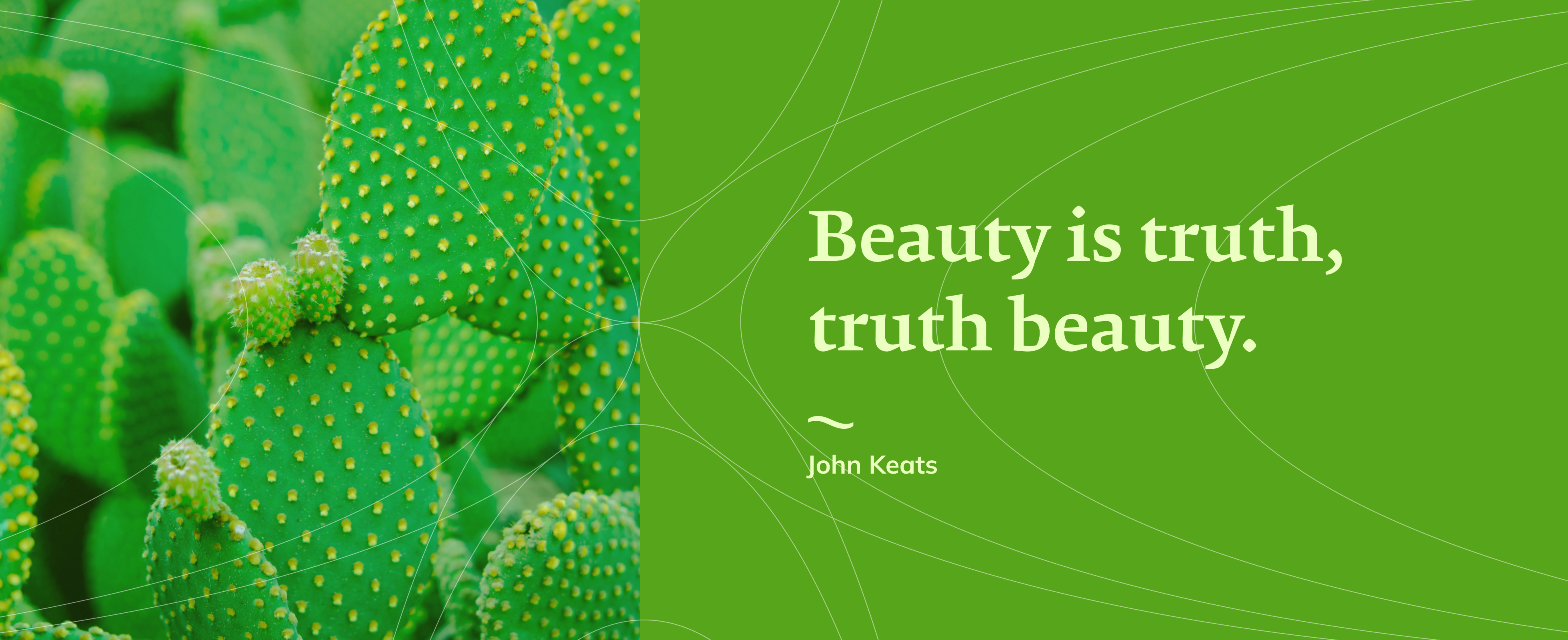
It’s almost mind-boggling to think that John Keats lived to just 25 years old. By the time of his death in 1821, he had produced poems of such beauty that he became regarded—albeit not during his lifetime—as one of the greatest of all the Romantic poets, alongside the likes of Lord Byron and Percy Shelley.
His odes rank among his most popular and studied works, none more so than “Ode on a Grecian Urn,” the source of this famed insight.
In five stanzas, Keats reflects upon the urn, and how it serves as a silent voice of the past—a literal vessel for time and memory. The meaning of the poem’s final two lines has had critics arguing among themselves since at least the 1950s: "Beauty is truth, truth beauty—that is all / Ye know on earth, and all ye need to know."
Enigmatic, certainly, and at the same time, unquestionably beautiful.